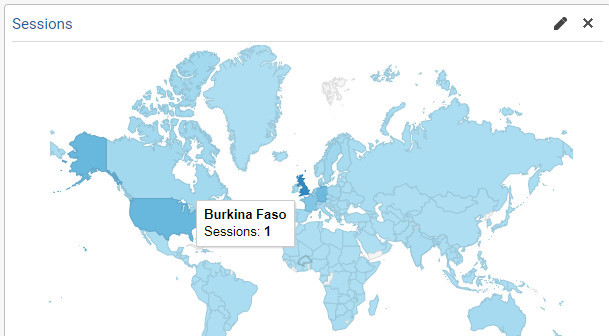I think the last few posts show that enforcement (i.e. criminal enforcement) is the least likely thing. Let’s face it – even if the FAA issued the airframe serial specific AD and grounded the plane, you could still fly it in Upper Volta (or most/all of Africa) and nobody would care. With a dead CofA, the plane would be undoubtedly illegal to fly.
The interesting thing would be an insurance claim, if the insurer was located in say UK, Germany, etc, and knew the circumstances. They would IMHO not pay out.
So, as with all these “insurance debates”, it hangs on whether you are worth anything. If you live alone, or de facto alone, in a rented apartment, etc, you don’t need to worry about being legal – other than via your sense of social responsibility etc. And I know or have known a number of pilots firmly in that category. But the rest probably don’t want their widowed spouse having to deal with a passenger (or even 3rd party) asset stripping legal action – the Graham Hill (various previous threads) case being a good example.
An insurer could deny a claim based on the grounds that a flight was not legal, or that you breached one of their contractual clauses.
If we establish that the US has no extraterritorial legislative powers over aviation in Upper Volta (I’m using that country as a metaphor just to be clear), then the former cannot be grounds for a denied insurance claim. For the latter, it is sufficient to read your contract, but I would be astonished if any insurer invented a clause like “you need a US license to fly an N-reg plane”. In some countries you could even argue that such a clause would be void because it is so unusual that it needs to be signed and agreed separately and cannot be part of the T&Cs.
Remains to check if your insurance covers the territory of Upper Volta, which they might exclude if accident rates were skyrocketing there.
Somebody there is reading us… 
This is from the past 30 days:

All aircraft insurances I have seen just require the flight to be “legal”. This avoids them making rulings on air law, and spending money on expensive lawyers, until they need to pay out a big claim.
Germany has renewed its opt-out until 8/4/2019.
Again, it reads like the opt-out refers to Germany, not to German residents, which makes all these partial opt-outs rather useless if one wants to fly across Europe.
Is the text somewhere online? It might be interesting for German speakers to translate it and maybe get different views.
The whole “residence” issue has always been fraught with really obvious problems of definition, so the whole “EASA FCL attack on N-regs” based on the famous phrase “residing in the Community” has always been meaningless – for all those who would rather it was meaningless. No wonder that there has not been one single report of it being legally tested anywhere in Europe since it arrived in April 2012…
No, the decision is published in the form of an NfL, which are information notices/circulars by the German authorities amd these publications are not free-of-charge. It does not say a word about residency of the pilot concerned. It only speaks about “Germany”.
Unlike you, I don’t find the “residence” clause in the regulation too problematic. For example, it is 100% clear and doubtless that I am a resident of Germany, and I assume it is also 100% clear that you are resident in the UK, etc. So I don’t agree at all that it is meaningless.
I get your drift, for you and me, but that is not how laws are drafted and operated – in a country with a proper robust justice system where people who write the stuff actually understand the issues, know how people try to get around them, and the text passes through several levels of drafting and possibly public debating.
One UK barrister said to me that much of this EU law is drafted by individuals with general legal qualifications who just write it and that’s it. I happen to know just one such lawyer and would describe her as a left-wing person with a chip on her shoulder, which is not a great qualification 
Take the case of somebody with an Australian passport, flying an N-reg plane, who has a house in Turkey and is staying in the UK for a few years. There are actually loads of people like that out there (the more money somebody has the more likely this is, with the richest being the most mobile, and the really smart rich having no real residence – especially tax residence – you could nail them on) and any lawyer who can spell “speed camera” would get them off. Hence, nobody in say here in the UK would draft a law in those terms. At the very least there would be a definition of “residence” attached.
Peter wrote:
staying in the UK for a few years
Erm, then they are legally resident in the UK…
I think the number of people who are sufficiently wealthy to be permanently ‘non resident’ is tiny with regard to this particular discussion.
Tax resident? “Legally resident”? There is a list of these… Tax residence also varies according to, ahem, which tax is involved. Foreign domicile for example has one threshold at something like 18 years.
Peter wrote:
The 61.75 piggyback PPL won’t give you an FAA IR unless you take the foreign pilot exam
You can also get an FAA IR on the 61.75 licence by doing the FAA IR standalone. If you do that, the FAA adds “IR test passed” to the 61.75 licence which gives IR privileges. Or is that what you meant by “take the foreign pilot exam”?